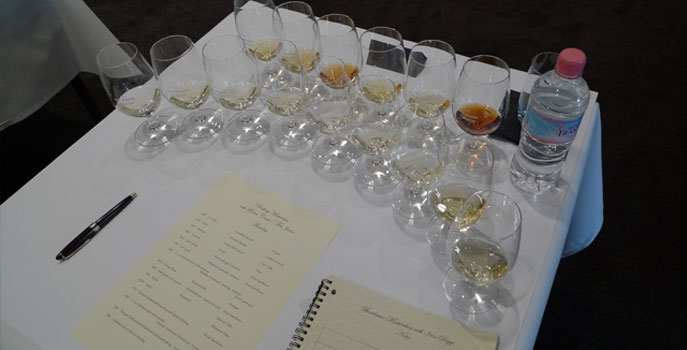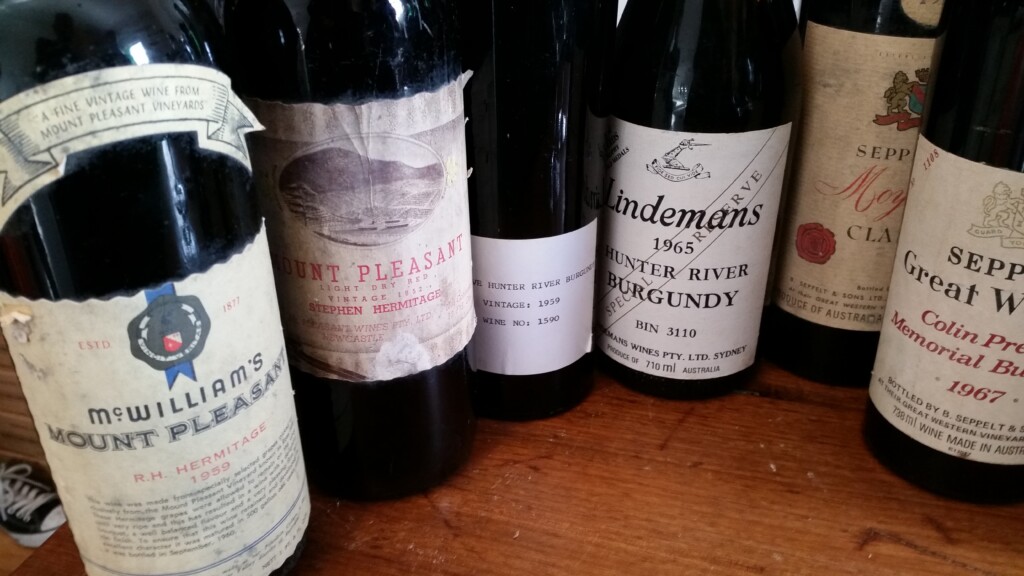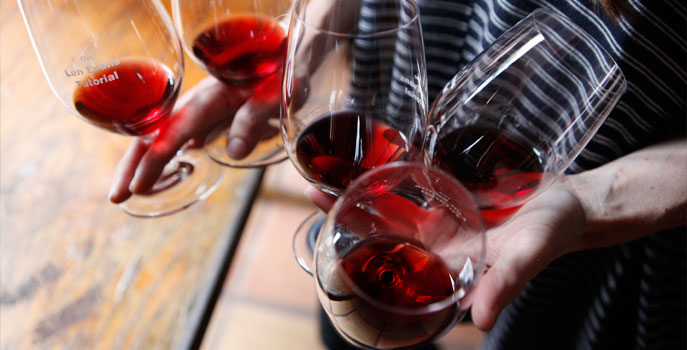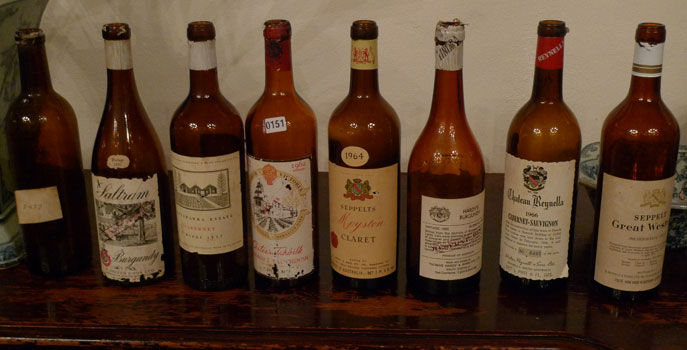The twelve scholars attend the residential Tutorial for five full days. Throughout the week they are led through a series of workshops, master classes and tastings by a panel of highly-experienced, internationally-recognised industry experts. Our panel of tutors includes a broad range of professionals, such as winemakers, importers, Masters Of Wine and business owners, who are chosen for their insights into a variety or wine style. Several past scholars are now invited as tutors.
Scholars participate in five judging workshops, each including 30 wines served blind/masked. These brackets of wine follow a theme, based on a single variety/style. Approximately half the wines are from Australia, the rest from around the world. The focus of the workshops is on the variety/styles that Australian grape growers and winemakers work with, wines that are considered ‘iconic’ in the Old World, such as Shiraz and blends, Cabernet Sauvignon and blends, Pinot Noir, Riesling and Chardonnay.
The aim of the judging workshops is to teach the scholars about quality, asking them to identify the wines worthy of medals in line with those selected by the tutors.
In addition to the judging sessions, scholars attend a range of master classes featuring either an individual variety or style or producer. These classes feature world-class examples of the feature category. The aim is to place Australian wine in context with the great wines of the world.
The one continuous feature of these forums is great quality, which comes to a crescendo on the final morning when the six red Burgundies of the Domaine de la Romanée-Conti are presented blind. Here each scholar has to identify the vintage, and the six Appellation Controlees from which they respectively come.
Each evening there are dinners involving tastings and discussions of a curated selection of great wines of the world. Generally, they are wines of extreme rarity and high cost, wines that the scholars would not have an opportunity to buy and taste. They are not necessarily wines of great age, as some of the world’s most expensive wines are from recent vintages and are chosen as benchmarks of the modern era/wine industry.
Visit our Wine List Gallery to get an idea of how the week is structured, past session themese, and the calibre of the wines that are tasted.
During the week the scholars undertake a written tasting exercise, completing a mini-dissertation relating to one of the master class feature varieties. They are asked to show detailed knowledge about where the relevant grapes are grown, how they’re grown, how the wine is made and overall quality. This MW/WSET-style exercise is marked by the tutors and the scores are used to establish the overall Tutorial Dux.
The scholars’ performances are scored throughout the week, and at the end of the week a Tutorial Dux is awarded the Basil Sellers Prize, in the form of a return Business Class trip to Europe and introductions to many of Europe’s great wine houses. In recent years, the LET has also collaborated with The Institute of Masters of Wine to assist a scholar from each Tutorial to attend the introductory MW course held in Adelaide at the end of November.




